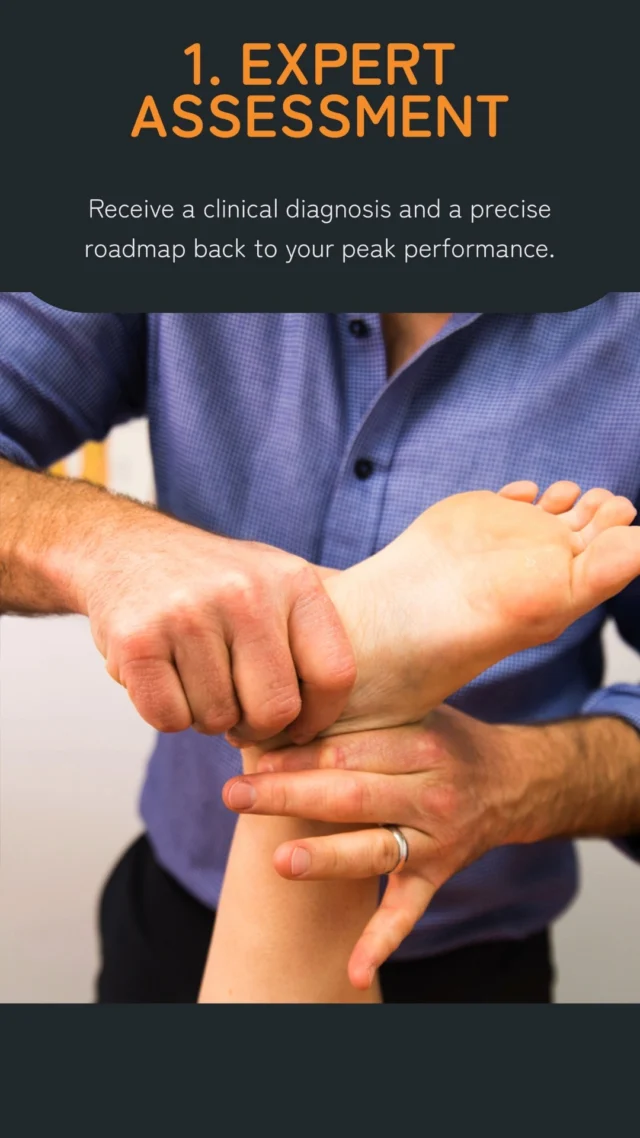Smoking gets plenty of negative press for the effect it has on our body, in particular the heart and lungs, and for the increased risk of developing serious illness. However, the influence that smoking has on our musculoskeletal system and how it may increase the risk of injury or prolong the healing process is often overlooked.
What effect does smoking have on our musculoskeletal system?
Increases risk of osteoporosis: Smoking has now been found to be a contributing factor to low Bone Mineral Density (BMD) therefore increasing the risk of osteoporosis in both men and women. This has traditionally been thought of as an issue that increases with age, but a systematic review completed in 2018 reported that smoking had a negative impact on BMD across all age groups and sexes (Al-Bashaireh et al, 2018).
Increases risk of fracture and delayed fracture healing: A lower BMD means that the likelihood of fracture is higher. The risk of developing a vertebral fracture in smokers is approximated to increase by 32% in men and 13% in women and hip fracture by 40% and 31% (Hernigou et al, 2019). Al-Bashaireh et al (2018) also showed that smoking was also associated with poorer outcomes post fracture regardless of the fracture site.
Decreased muscle strength: Smoking significantly increases age related loss of muscle mass and strength. For both men and women there is an inverse relationship between smoking and quadriceps strength. Smoking 100 g of tobacco/week caused knee muscle strength to reduce by 2.9% in men and 5.0% in women (Kok et al, 2012).
Risk factor for rotator cuff tears: Smoking has been shown to be an important risk factor for rotator cuff tears. It has been found that an increased daily number of cigarettes and the total overall cigarettes smoked is associated with increasing the severity of rotator cuff tears (Carbone et al, 2011).
Increases risk of post-surgical complications: Smoking significantly increases the risk of post-surgical complications. Smoking damages the lungs impairing lung function and decreasing oxygen levels. This increases the risk of both heart and lung related complications post-surgery. Smoking can also delay wound healing, increase infection risk, and alter the body’s immune response.
The good news is that quitting smoking more than four weeks before surgery significantly improved the risk of post-operative complications. A recent study in 2020 by the World Health Organisation (WHO), The University of Newcastle and the World Federation of Societies of Anaesthesiologists (WFSA) reported that health outcomes were improved by 19% every tobacco free week after the first four weeks.
If you have had an injury or due to have surgery, there are many factors that impact healing that you cannot control. Smoking is one controllable factor, and it is worth considering the role that it may play in causing injury or prolonging the time until your back to full function.
If you have any further questions about how smoking may affect your healing process, please contact the friendly team at Bend + Mend Physiotherapy.
References
Al-Bashaireh AM, Haddad LG, Weaver M, Kelly DL, Chengguo X, Yoon S. The Effect of Tobacco Smoking on Musculoskeletal Health: A Systematic Review. J Environ Public Health. 2018;2018:4184190. Published 2018 Jul 11. doi:10.1155/2018/4184190
Hernigou J, Schuind F. Tobacco and bone fractures: A review of the facts and issues that every orthopaedic surgeon should know. Bone Joint Res. 2019;8(6):255-265. Published 2019 Jul 5. doi:10.1302/2046-3758.86.BJR-2018-0344.R1
Kok MO, Hoekstra T, Twisk JW. The longitudinal relation between smoking and muscle strength in healthy adults. Eur Addict Res. 2012;18(2):70-75. doi:10.1159/000333600
Carbone S, Gumina S, Arceri V, Campagna V, Fagnani C, Postacchini F. The impact of preoperative smoking habit on rotator cuff tear: cigarette smoking influences rotator cuff tear sizes. J Shoulder Elbow Surg. 2012;21(1):56-60. doi:10.1016/j.jse.2011.01.039
Yoong SL, Tursan d’Espaignet E, Wiggers J, St Claire S, Mellin-Olsen J, Grady A et al. Tobacco and postsurgical outcomes: WHO tobacco knowledge summaries. Geneva: World Health Organization; 2020. Licence: CC BY-NC-SA 3.0 IGO





